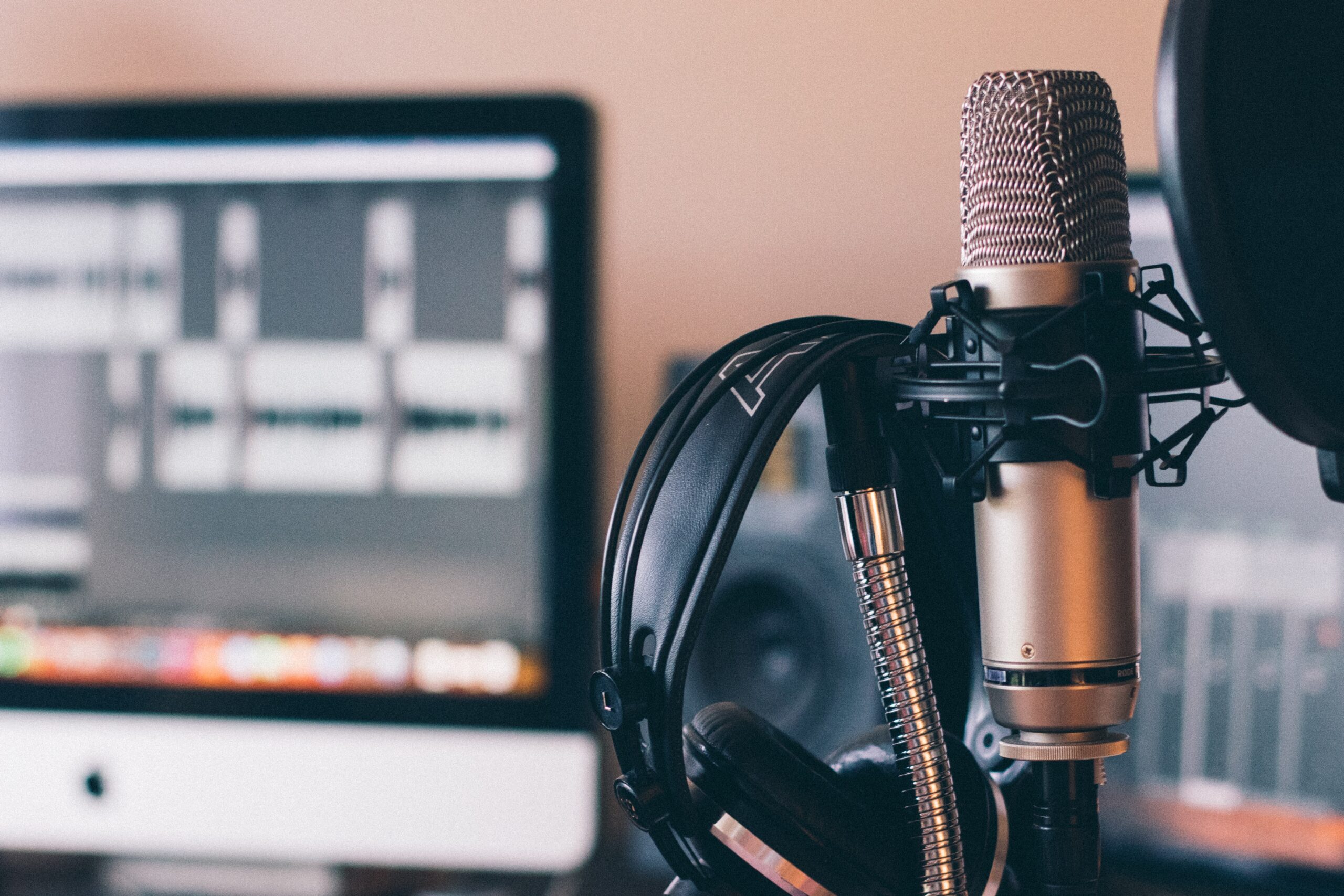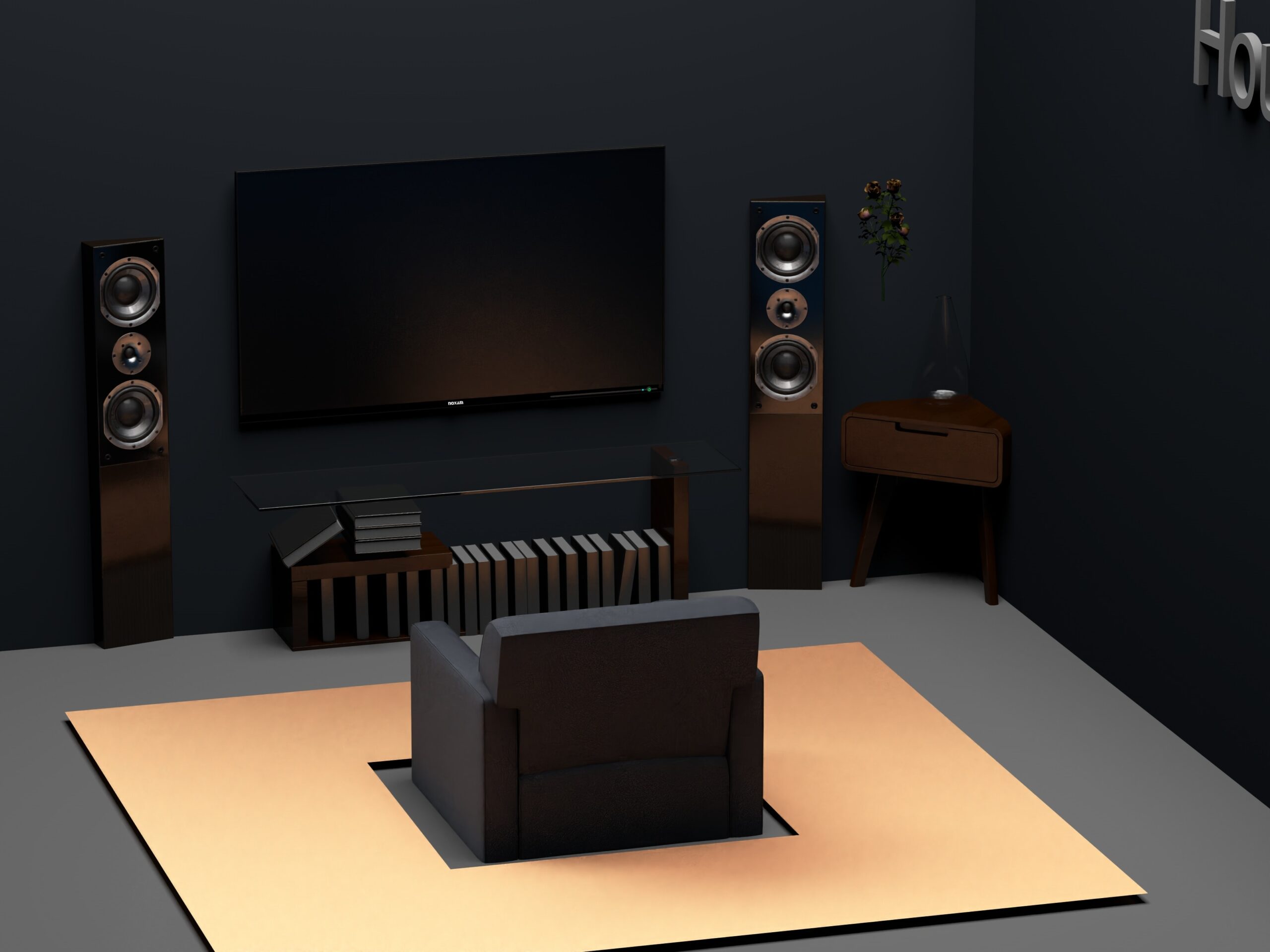
Artificial Intelligence (AI) has been a game-changer in various industries and the audio technology sector is no exception. Artificial Intelligence and Smart Speakers can revolutionalise how we interact with and experience audio. Particularly in the context of smart audio devices. This article will delve into the potential use of Artificial Intellagence in smart audio devices. This article will provide product examples to illustrate these advancements.
Artificial intellagence
Artificial Intelligence, often abbreviated as AI, refers to the simulation of human intelligence in machines. These machines, or AI systems, are programmed to think like humans and mimic their actions. They can learn from experience and perform tasks that typically require human intelligence.
AI is now a part of our everyday lives, powering technologies like search algorithms. Furthermore recommending systems, image recognition software, and voice assistants like Siri and Alexa. It’s a rapidly evolving field with vast potential in various sectors, such as healthcare, finance, transportation, and entertainment.
Artificial Intelligence and Smart Speaker Technology
AI in audio technology refers to the use of machine learning algorithms and other AI techniques to enhance audio processing, sound quality, and user interaction. Similarly, technologies can be used to improve noise cancellation, enhance sound quality, personalize audio settings, and enable voice recognition and control.
Smart Speakers with Artificial Intelligence
Smart speakers are one of the most common examples of AI in audio technology. These devices use AI to understand voice commands,. For example to play music, answer questions, and control other smart devices. In addition, the Amazon Echo uses Amazon’s AI assistant, Alexa, to perform these tasks. Similarly, the Google Nest Audio uses Google Assistant, and the Apple HomePod uses Siri.
AI-Powered Soundbars
AI is also being used in soundbars to enhance sound quality and user experience. For example, the Sonos Beam soundbar uses AI for automatic Trueplay tuning technology. This feature uses the microphones in your iOS device to analyze the unique acoustics of your space and optimize the speaker’s EQ. This ensures that all your content sounds just the way it should and reaches your ears at the exact right moment. Read more about sound bars here
Voice Recognition Technology
Voice recognition is a key feature of many smart audio devices, and it’s powered by AI. This technology allows devices to understand and respond to voice commands. Making them more convenient and accessible. Voice recognition can be used for various tasks, such as playing music, controlling smart home devices, and even ordering food or shopping online.
Machine Learning in Audio Devices
Machine learning, a subset of AI, is used in audio devices to learn from user behavior and preferences. This can be used to personalize audio settings, recommend music, and even predict user commands. For example, a smart speaker might learn your daily routine, thus, automatically play your favorite morning news podcast when you wake up.
Artificial intelligence and Audio Quality Enhancement
AI can be used to enhance audio quality in various ways. For example, it can be used to automatically adjust the EQ settings based on the type of content being played, the acoustics of the room, and the user’s preferences. Furthermore, AI can also be used to enhance sound quality through techniques such as upmixing. Upmixing creates a surround sound experience from stereo content.
Artificial intelligence in Noise Cancellation
Noise cancellation is a key feature of many headphones and speakers, and AI can significantly enhance this feature. For example, the Sony WF1000XM4 headphones use AI to analyze ambient noise and adjust the noise cancellation settings in real time. This ensures optimal noise cancellation performance in any environment.
AI and Audio Personalization
AI can be used to personalize the audio experience based on the user’s preferences and behavior. This can include personalized EQ settings. Such as music recommendations, and even personalized soundscapes for relaxation or focus. For example, the Spotify music streaming service uses AI to recommend music based on the user’s listening history.
Future of Artificial intelligence in Smart Speakers
The use of AI in audio technology is still in its early stages, and there are many potential applications that have yet to be fully explored. Moreover, In the future, we might see AI being used to create fully personalized soundscapes. Aadapt audio content to the user’s mood or activity, and even create new forms of interactive audio content.
AI in Home Automation
AI is also playing a key role in home automation,audio devices play a significant role. AI-powered smart speakers like Amazon Echo or Google Nest can control other smart devices in your home, creating a seamless and integrated smart home experience. For instance, you can use voice commands to control your lights, thermostat, and even your TV.
Artificial Intelligence and Smart Speaker Product Examples
Let’s delve deeper into the application of Artificial Intelligence in smart audio devices by examining some product examples:
- Bose Smart Soundbar 600 The soundbar is a smart audio device that uses AI for automatic Trueplay tuning technology. This feature uses the microphones in your iOS device to analyze the unique acoustics of your space and optimize the speaker’s EQ. This ensures that all your content sounds just the way it should and reaches your ears at the exact right moment. https://amzn.to/3pE1CoU
- Amazon Echo 4th Gen: The Amazon Echo Dot is a compact smart speaker that uses Amazon’s AI assistant, Alexa, to perform a variety of tasks. These include playing music, answering questions, setting timers and alarms, controlling compatible smart home devices, and much more. The Echo Dot uses machine learning to adapt to your speech patterns, vocabulary, and personal preferences, providing a personalized user experience.
- Apple HomePod: The Apple HomePod is a smart speaker that uses Siri, Apple’s AI assistant, to perform tasks and control other smart devices. It uses machine learning to learn your tastes in music, providing personalized playlists and music recommendations.
- Sony WH-CH720N: These headphones use AI to analyze ambient noise and adjust the noise cancellation settings in real time. This ensures optimal noise cancellation performance in any environment. https://amzn.to/46xI8Dd
Future of AI
The use of AI in smart audio devices is revolutionizing the way we interact with and experience audio. From enhancing sound quality and noise cancellation to enabling voice recognition and control. AI is making audio devices smarter and more user-friendly. As AI technology continues to evolve, we can expect to see even more innovative applications in the world of audio technology.
In the future, we might see AI being used to create fully personalized soundscapes, adapt audio content to the user’s mood or activity. /even create new forms of interactive audio content. The possibilities are endless, and it’s an exciting time to be involved in the world of audio technology.
Whether you’re a casual listener or a dedicated audiophile, the use of artificial intelligence in smart audio devices can enhance your audio experience and make it more convenient and enjoyable. So why not explore the potential of Artificial Intelligence in your audio devices and see how it can transform your listening experience?


